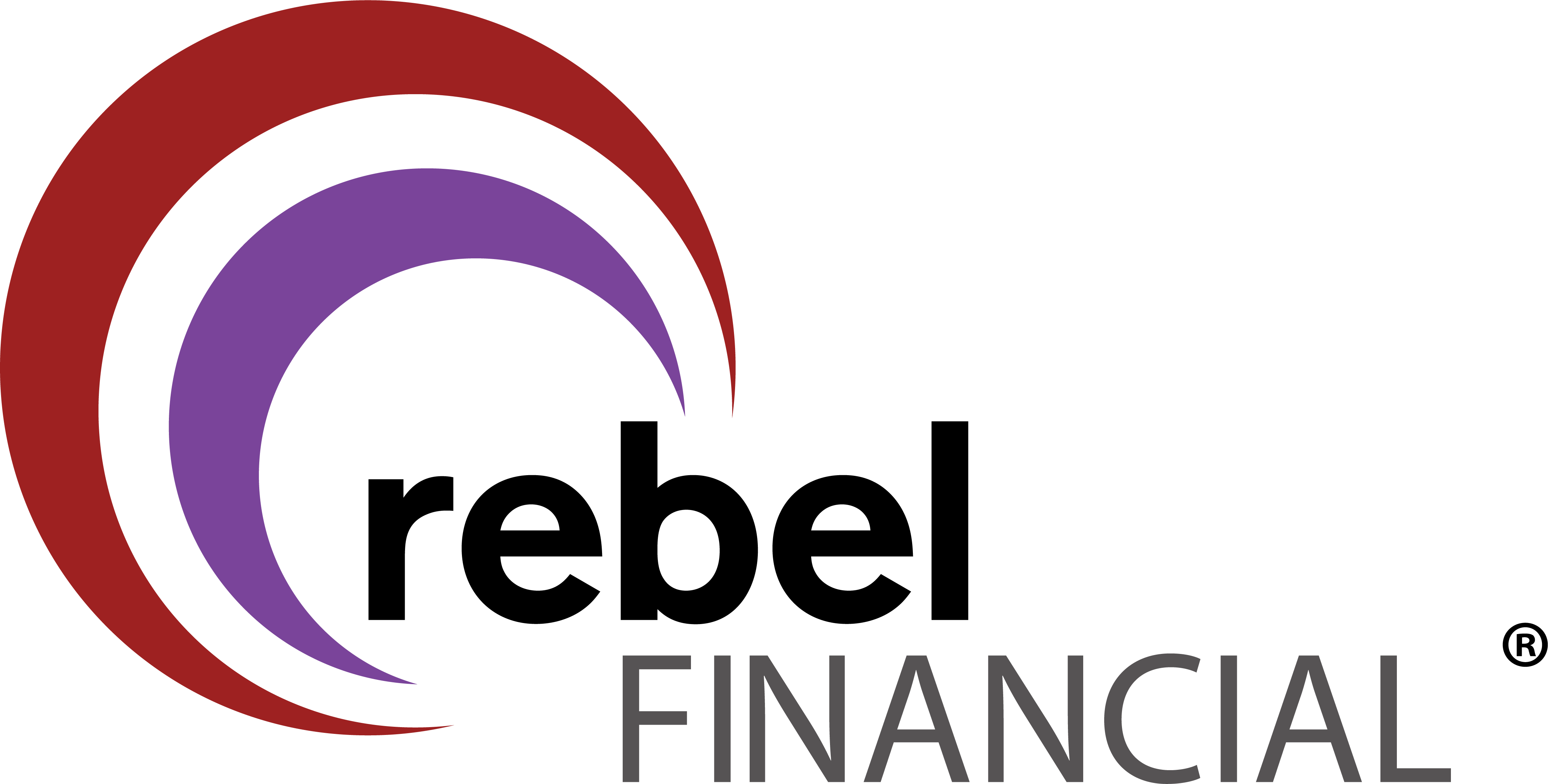Discussing the transfer of wealth from parents to children can be uncomfortable for both parties. Yet by introducing children to the wealth management process from a young age, affluent families may be able to reduce family tensions later in life and help ensure that the planning tradition passes intact to future generations.
Closing the Communication Gap
Opening the dialogue about wealth transfer is a complicated, personal decision that is influenced largely by how wealth holders themselves have been brought up to view money and the responsibilities that come with it. For instance, some individuals may fear that discussing wealth with their children will lead to feelings of expectation and entitlement. Others may simply prefer to control all money issues themselves. Still others with young children may be uncertain about their future wealth and reluctant to discuss it until their children are older and have proven how well — or poorly — they handle money.
Embracing the Planning Process
One strategy that may help families overcome planning challenges is to think about wealth planning not as a one-time exercise, but as a process that you live with every day — and that you integrate into children’s lives at a very early age.
For instance, when children are young, you can teach them to divide their allowances into three portions — one for saving, one for spending, and one for giving. Consider matching their giving and saving money and set an example by handling your own money in a similar fashion.
Once children become teenagers, allow them to make their own decisions about how they spend their money, and as difficult as it may be, allow them to live with the consequences of their decisions. As children make the passage to adulthood, gradually involve them in the family business as well as the family’s charitable giving activities.
Creating a Win-Win Solution
Certainly, the more wealth a family has, the more important it becomes to make managing wealth a process, especially if wealth has existed for multiple generations and there are instruments such as family foundations in place. In this way, early involvement helps families prepare heirs for their future role as stewards of the family wealth. It also helps develop the skills and experience needed to manage a family business or wealth plan, while ensuring that such knowledge is shared and passes successfully to the next generation.
Working With Professionals
Working together with your team of planning professionals — your financial advisor and estate and/or tax planner — you will be able to assess your current situation and develop first steps toward implementing a plan of action.
This communication is not intended to be tax or legal advice and should not be treated as such. Each individual’s situation is different. You should contact your tax and/or legal professional to discuss your personal situation.
Because of the possibility of human or mechanical error by Wealth Management Systems Inc. or its sources, neither Wealth Management Systems Inc. nor its sources guarantees the accuracy, adequacy, completeness or availability of any information and is not responsible for any errors or omissions or for the results obtained from the use of such information. In no event shall Wealth Management Systems Inc. be liable for any indirect, special or consequential damages in connection with subscriber’s or others’ use of the content.
© 2015 Wealth Management Systems Inc. All rights reserved.









